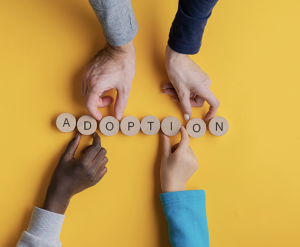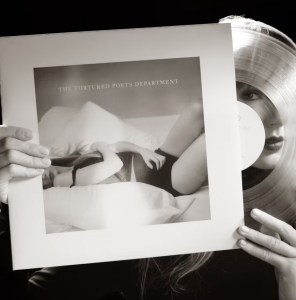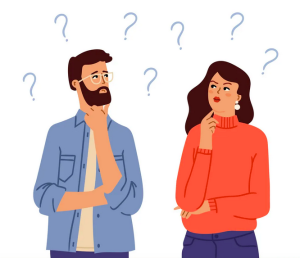Most people think adoption is wonderful. For the child, it could come after being removed from a dangerous home situation or a parent who knows they can’t provide the care the child needs. For an adoptive parent it can bring a dream into reality.
I always wanted children. Circumstances found me single, feeling the dream slipping away. I got the courage to look into adoption and started the process. I was excited and nervous.
In 2010, on my birthday, I got a call that a baby was born the day before. The social worker told me about her and asked me to let him know if I wanted to move forward. “YES!”
I saw my daughter, and held her, for the first time when she was 5 days old. My heart melted. She was beautiful and I knew deep in my heart she would be my daughter. My anxiety had other things to say during the waiting period, but my heart knew. When the judge signed the papers and the birth certificate was changed, it was official, but not “done.”
My daughter and I have both been told many times over the years how lucky we are to have each other, and we truly are. For me, it is simple. I am her mom. Through the good and bad, I love her with all my heart and soul. For her, and other adopted children, it may not be so simple.
She has known from the beginning that she is adopted. Intellectually, she knows her birth mother (Bio-Mom) was not able take care of her. Her Bio-Mom made a loving decision so she could have a better life, and yet, there are times she feels hurt, betrayed, discarded, sad, a deep sense of loss, etc.
I have always been honest with her, giving her the best information I could at an age-appropriate level when she came to me with things like:
- Why did my mom give me away?
- I must be unworthy or she would have kept me.
- My daughter has told me, she wishes I gave birth to her so I would be her real mom. I can’t be her real mom because we’re not biologically related.
- Do I look like my birth mom? What will I look like when I get older.
- Who am I, really?
- Do I have siblings?
- My birth mom carried me for 9 months. She should want me.
- Does she think about me on my birthday?
- If she gave me away, you will do it too.
I have known she would question and challenge my legitimacy as her mom. She might attempt to push me away to test if I would walk away and leave her like her Bio-Mom did. The first time she said to me “You are not my mother.” I was crushed. I knew it would come at some point, but knowing did not prepare me. Early on, it really hurt and made me sad.
It can still sting, but I am better able let it go. I remind myself that it is complicated for her. Her feelings about her adoption can range from love and gratitude, to anger, fear and sense of loss. Those feelings have little to do with me. But I am a great target.
I am a safe place to throw those difficult emotions. If I were to become upset and respond with equal intensity we would both feel bad. When I can respond calmly with empathy her feelings can move through her and leave her feeling safe and loved.
This information probably sounds dismal, but it is NOT. We have a wonderful relationship and love our little family. (Though she would love if we lived next door or down the street from the whole family- she craves connection). I wouldn’t change a thing. She brings such joy into our house and teaches me something new all the time.
The experiences I have had with my daughter are not necessarily universal, but many aspects are common.
If you have adopted, or considering adoption, you will have a lot of thoughts and feelings and your child will likely have lots of questions. My suggestion is to:
- Be honest with yourself throughout the process.
- Be honest with your child when they come to you when questions. You don’t have address more than what they ask. Meet them at their level.
- Honor each person’s feelings and don’t take things personally.
- Remember each person and situation is unique and often complex.
Admittedly, I am biased and think everyone should have a therapist. We all experience challenges and it’s great to have someone to talk to so you can say what you think and feel, without worrying about hurting their feelings. For adoptive children and parents, having that safe person to talk to can be invaluable.




